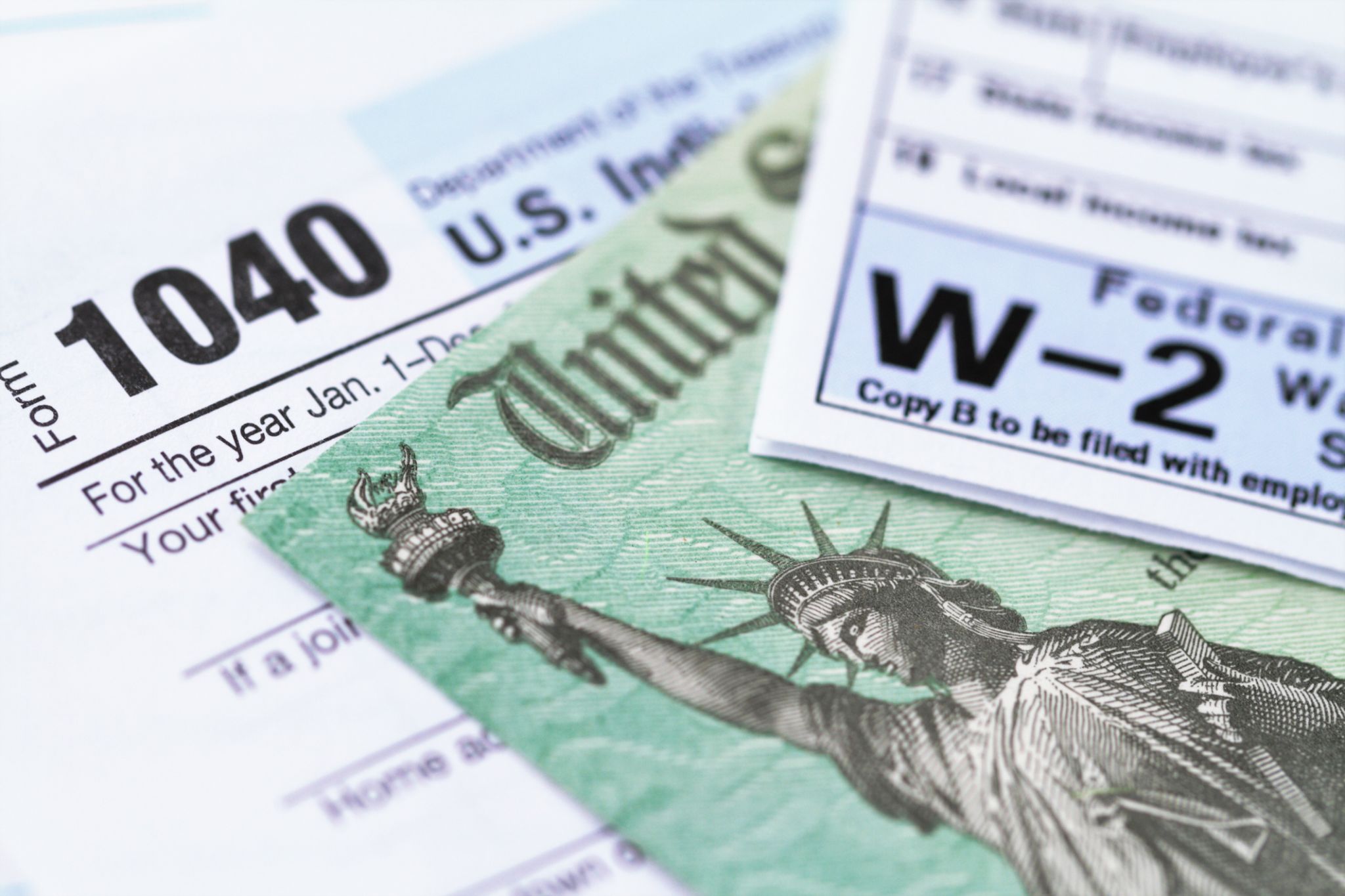Expert Tips for First-Time Notary Clients
Understanding the Role of a Notary
When engaging with a notary for the first time, it's crucial to understand their role. A notary public is a state-appointed official who acts as an impartial witness during the signing of important documents. Their primary job is to deter fraud by ensuring that the individuals signing are who they claim to be and that they are doing so willingly.
Notaries can assist in a variety of situations, including real estate transactions, legal affidavits, and more. Recognizing the importance of the notary's role can help you appreciate the necessity of their services in protecting both parties involved in a transaction.

Preparing for Your Notary Visit
Preparation is key to a smooth notary appointment. Before your visit, ensure that all documents needing notarization are complete and ready for signing. Missing signatures or incomplete forms can delay the process, so double-checking these details is essential.
You should also bring a valid form of identification, such as a driver's license or passport. This is required to verify your identity and protect against fraud. It's a good idea to call ahead and confirm which types of ID are acceptable, as requirements can vary.

What to Expect During the Notarization Process
The notarization process is typically straightforward. Upon arrival, the notary will review your ID to confirm your identity. They'll then examine the document to ensure it is complete and may ask you some questions to ensure you understand the document's contents.
You will be required to sign the document in the presence of the notary. The notary will then apply their official seal or stamp, signifying that the document has been notarized. This seal is crucial as it validates the notarization and can be critical in legal proceedings.

Common Mistakes to Avoid
First-time notary clients often make mistakes that can be easily avoided with a little preparation. One common error is bringing unsigned documents to the appointment. All signatures must be applied in front of the notary to ensure legitimacy.
Another mistake is using incorrect or expired identification. Always verify that your ID is current and meets the specific requirements of the notary service. Additionally, make sure you understand any fees associated with the notarization process upfront to avoid unexpected charges.
After Your Document is Notarized
Once your document has been notarized, it's important to keep it safe, as obtaining another notarization may be time-consuming and incur additional costs. Consider making copies if multiple parties need access to the document.
If your notarized document is part of a larger transaction, such as a real estate deal, ensure that it is delivered to the appropriate parties promptly. This helps avoid unnecessary delays in processing and ensures all legal requirements are met.

When Additional Notary Services Are Needed
Sometimes, you may require additional notary services beyond basic document notarization. This could include services like mobile notaries who come to you, or specialized notaries for specific types of documents.
If you need these additional services, inquire about them when scheduling your appointment. Understanding what services are available can save time and provide convenience, especially if you have mobility issues or time constraints.
By following these expert tips, first-time notary clients can ensure a smooth and efficient experience. Being well-prepared and informed about the process can help alleviate any stress or confusion, making your visit straightforward and successful.

